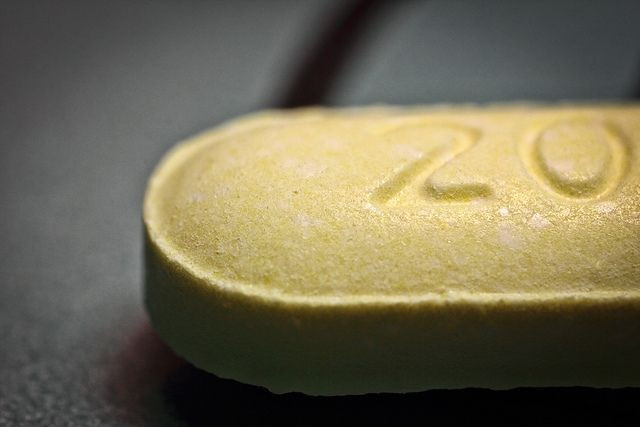Medication With Caffeine Could More Than Double Your Risk Of Stroke

Korean researchers have established a link between ingesting various medications with caffeine and the risk of having a stroke. Members of the research team speculate this association could be due to caffeine's effect on blood pressure levels.
"Caffeine is a vasoconstrictor, causing blood vessels to tighten and increasing the pressure of the blood flow," lead researcher Nam-Kyong Choi told Reuters Health.
Choi, along with colleagues from the Seoul National University College of Medicine, analyzed 940 adults who had experienced an acute hemorrhagic stroke, which accounts for roughly 13 percent of all stroke cases, according to the American Stroke Association.
Hemorrhagic strokes occur as the result of a weakened blood vessel that eventually ruptures in the area surrounding the brain. Weakened blood vessels are either caused by the swelling of a blood vessel (aneurysm) or a cluster of abnormal blood vessels (arteriovenous malformation).
A second group of adults who had no history of a stroke, but had been hospitalized, and a third group who had neither suffered a stroke nor been hospitalized were used for comparison against the first group.
Participants from first group were asked about any medication they had taken 14 days leading up to the time of their stroke while the two control groups were given a matched zero-time. The results showed that individuals who had ingested a medication containing caffeine were two-and-half times more likely to suffer a stroke.
A great deal of research in the past has linked high levels of caffeine to a rise in blood sugar levels causing problems for diabetics. Other health concerns include cardiovascular risk caused by a spike in blood pressure, a breakdown of calcium in bones, and dehydration. Experts recommend no more than 400 mg of caffeine a day.
Source: Lee S, Lee B, Cho K, Yoon B, Park B, Choi N. "Caffeine-Containing Medicines Increase the Risk of Hemorrhagic Stroke." Stroke. 2013.
Published by Medicaldaily.com



























